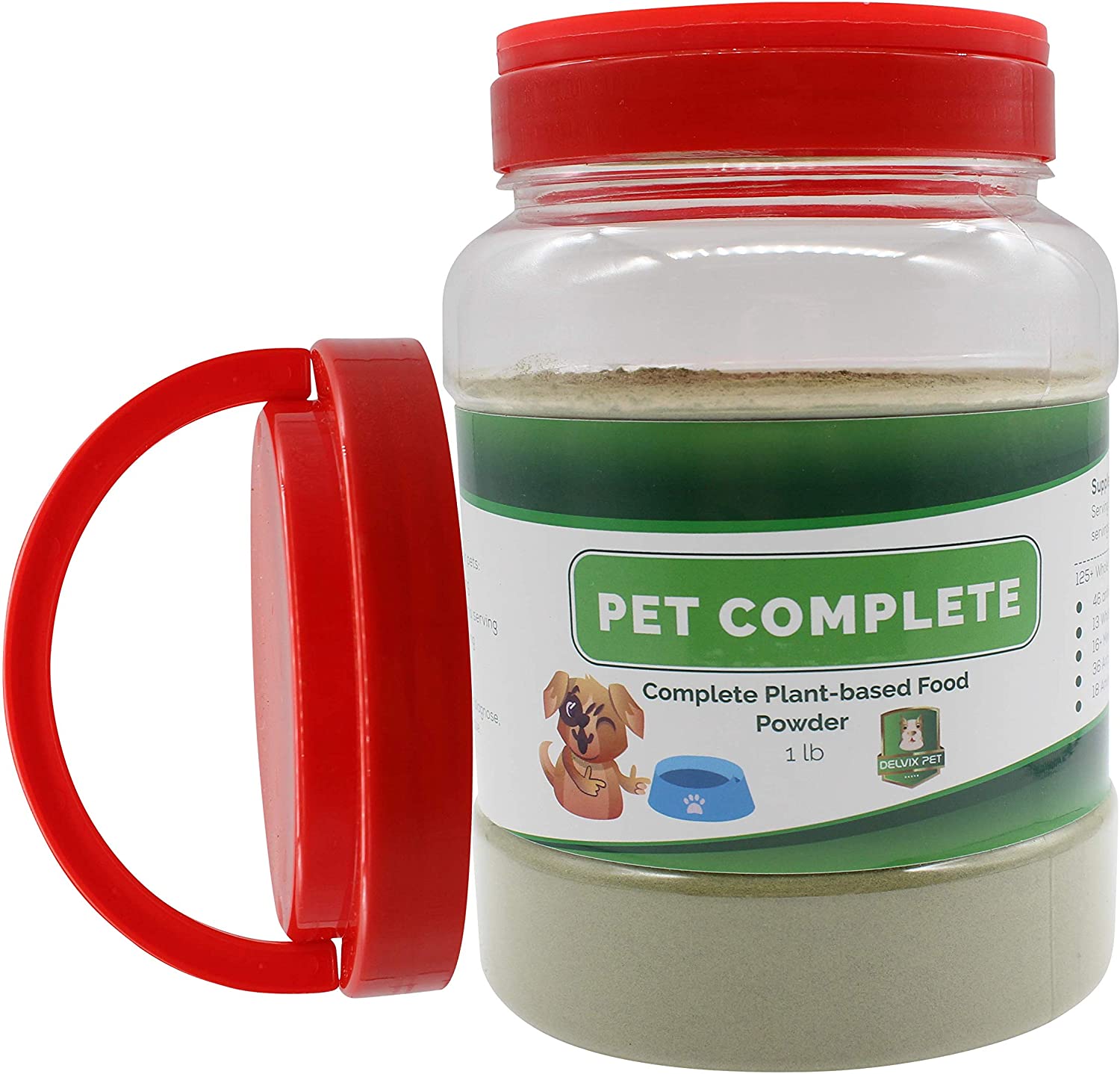Table of Contents
Due to the countless dog foods available on the markets nowadays, choosing the best dog food for puppies can be challenging. This article will clarify things and help you choose the right food for your puppy.
Before starting, you may be wandering. Why puppy food? Why can’t I feed my pup the same thing I would give to a grown-up dog? This is the answer: An eight-week-old puppy needs about twice as many calories per day compared to an adult dog.
Sadly, dog food comparison can be overwhelming because of the abundance of the brands. In fact, it’s easy to fall into the trap of just picking the cheaper option or the one with the most adorable or cute packaging. But there are important factors to consider.
Discover the 5 main tips to choose the best dog food for your puppies.
-
Check If the Food Is Complete or Complementary:
When buying puppy food, make sure to read the list of the ingredients to determine whether it is “complete” or “complementary”. A “complete” dog food is one that will sufficiently satisfy your pet’s nutritional needs on its own. ‘Complementary’ food, however, has to be supplemented with other nourishments.
-
Choose A Dog Food That Is High In Proteins:

Protein requirements for growing puppies are very high compared to adult dogs. As a matter of fact, the recommended protein range for healthy puppy growth ranges from 22 to 32% on a dry matter (DM) basis. These levels support optimal and healthy growth. Feeding your puppy lower than that can lead to malnourishment and health problems.
-
Opt for A Puppy Food That Contains Healthy Fat:
Most people confuse fat with Unhealthy food. Therefore, the majority of them choose pet foods with extremely low fat levels. Certainly, this isn’t the right choice. In fact, fat is a source of essential fatty acids. It’s also a concentrated source of energy. Moreover, fat actually carries fat-soluble vitamins that are excellent for your puppy’s health.
The problem is unhealthy or excessive fat intake. This can be risky and may lead to obesity and even development of orthopedic diseases. However, the fat content for puppies should be rationed between 10 – 25% on a dry matter basis and never be lower than that.
-
Select A Puppy Food with Convenient Levels of Calcium:
Like with human babies, calcium is crucial to the puppy’s growth. For large and giant breed puppies, the food should contain from 0.7 to 1.2% of calcium on a dry matter basis. Small to medium breeds, on the other hand, need from 0.7 to 1.7% of calcium on a dry matter basis.
-
Pick A Puppy Food That Contains Digestible Carbohydrates:
Although no specific amount of digestible carbohydrates has been identified as optimal for growing puppies, it’s suggested that 20% on a dry matter basis may maximize your pup’s health. As a matter of fact, digestible carbohydrate can provide your puppy with the needed energy for training, growth, physical activity, and other
To cut the story short, if you want to choose best dog food for puppies, don’t select it based on its appearance or cheap price. Read the label carefully to see the list of ingredients. If the nutrients and their amount match our 5 tips, then that’s a good puppy food.
But this will take you hours of searching and comparing multiple dog foods to make your selection. But you don’t have to. After months research we highly recommend Delvix Pet Complete Food Powder. It incorporates ALL the nutrients that are needed to ensure your puppy’s growth and well-being.
Kindly, visit the link in the description for more details.
If you have found the article informative, kindly comment and share your experience with Pet products with our readers.




